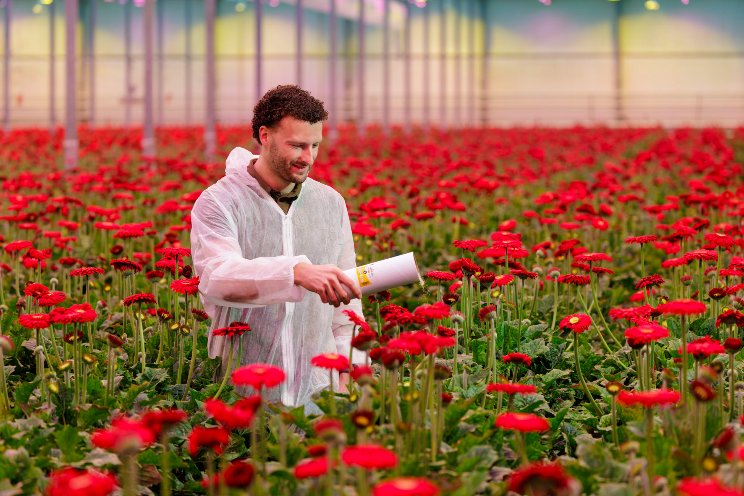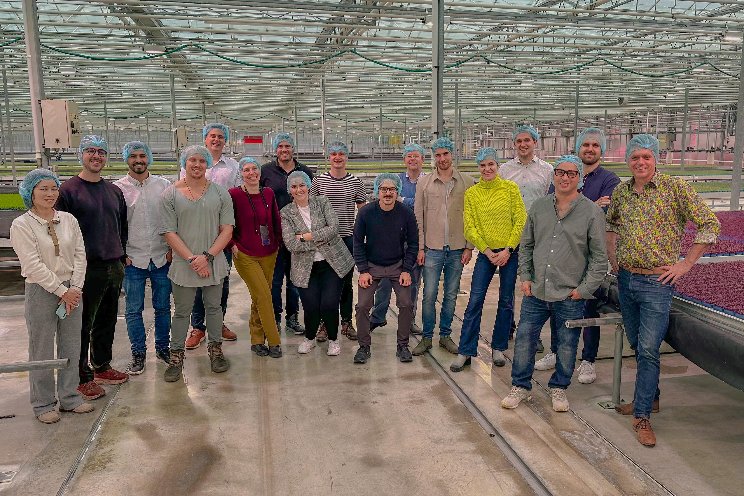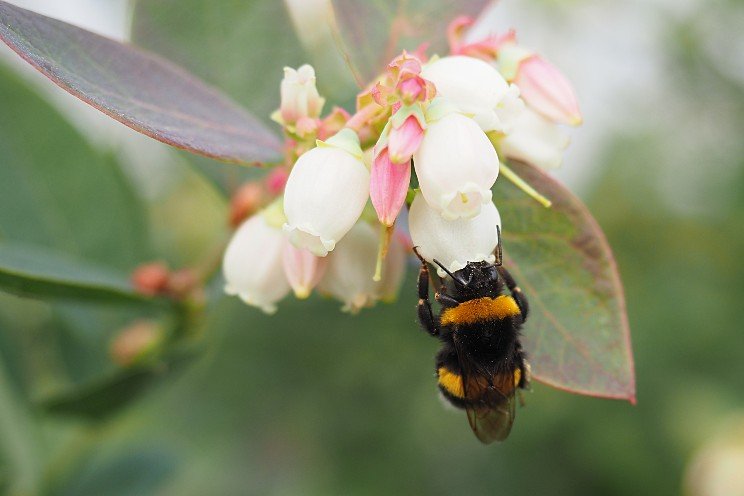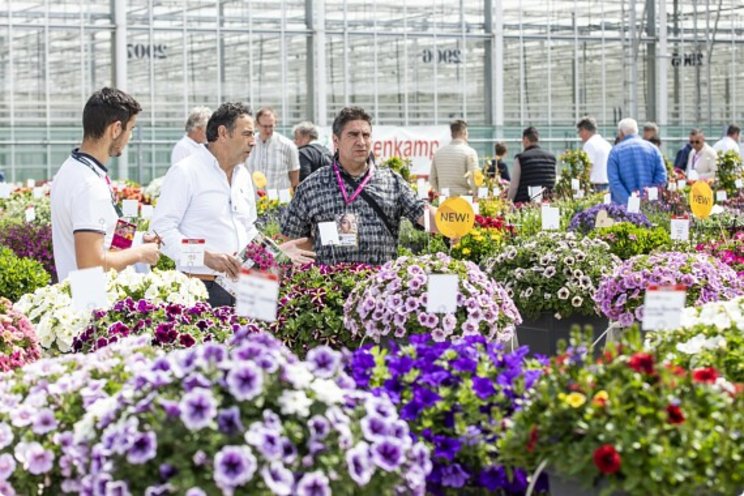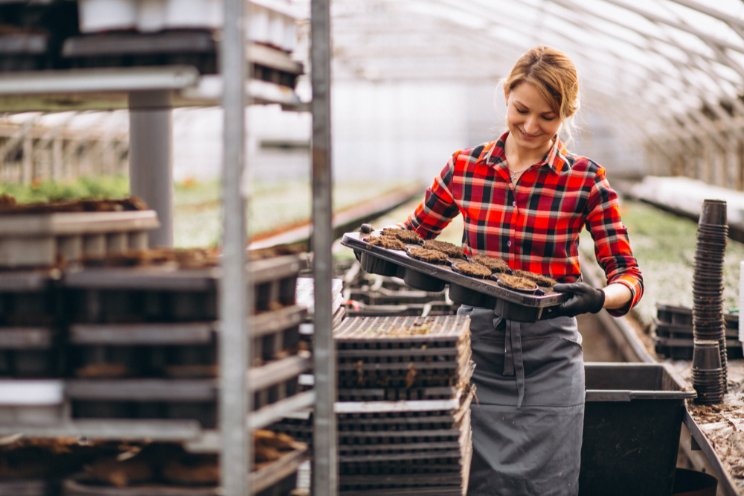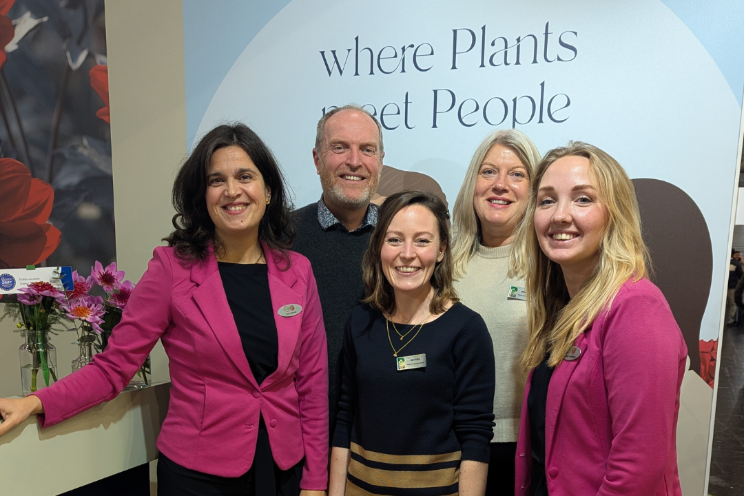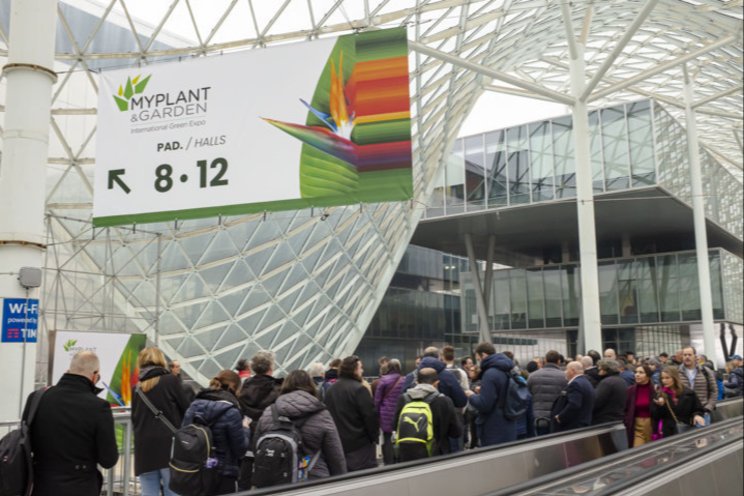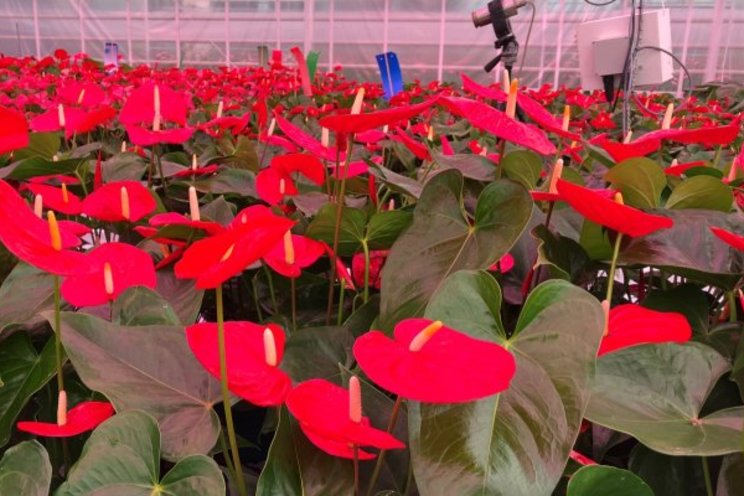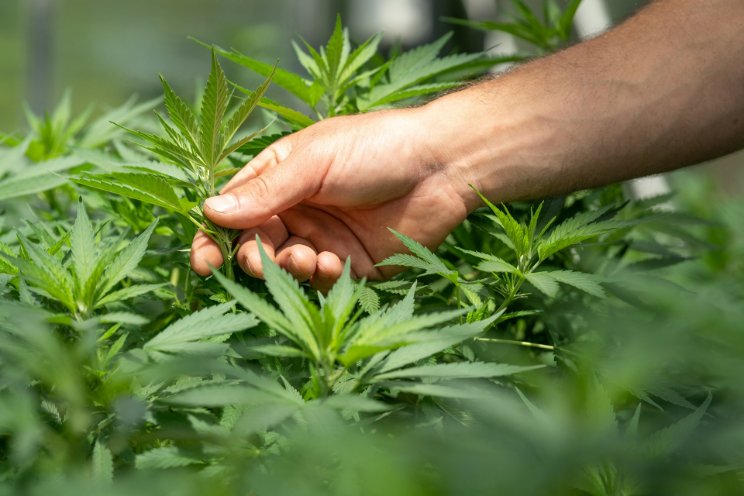When does more become less? The agri-tech balancing act
Added on 07 June 2024
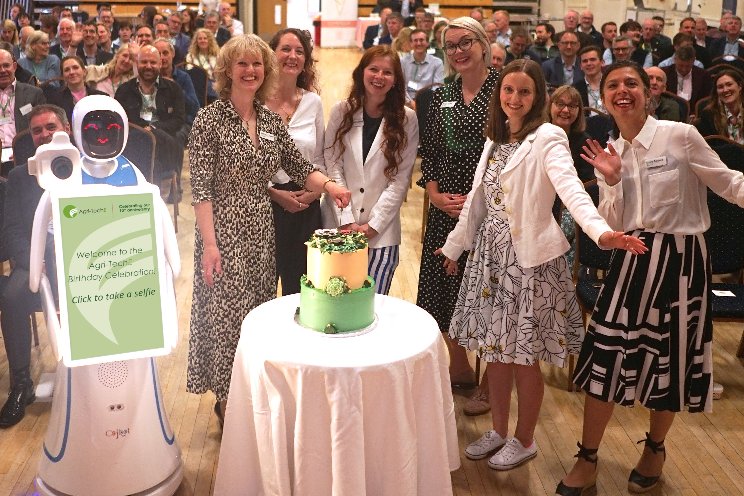
REAP 2024: The Agri-Tech Balancing Act – Optimising One or Managing Many 6th November 2024
Dr Belinda Clarke, Director of Agri-TechE, comments: “Agri-TechE grew out of the recognition that to solve the big challenges of food security and increase productivity new thinking was required from beyond the farming sector.
“By supporting networking between technologists, researchers, and farmers at events like REAP we have helped to create bridges and generate greater understanding between groups of people who would never normally have met. This has stimulated many productive collaborations.”
It was at the 2019 REAP conference that Agri-TechE introduced the concept of ‘One Agriculture’, to explain how food production, society and the natural environment are inextricably linked.
Since then, the digitisation of farming processes has increased rapidly, making it possible to simultaneously observe and manage at a large scale and to become more granular and personalised down to the plant or animal level.
To explore the implications of this, the keynote speaker for REAP 2024, Dr Elliott Grant, will outline how breakthroughs in artificial intelligence and perception are revolutionising agriculture.
Mineral is an Alphabet company (which in turn is the parent of Google); its platform and tools gather, organise, and analyse massive amounts of data to provide insights into the relationship between crop genetics, environmental effects, and management practices on the farm. Elliott believes that this information has the potential to create new paradigms for sustainable agriculture.
“Agriculture is at a crossroads,” Elliott says. “We need to start asking the ‘why’ questions and challenge assumptions. Recent breakthroughs in AI are giving us the tools to revolutionise the way we grow food, and it’s only just the beginning.”
Belinda continues: “We are looking forward to being challenged by Elliott at REAP 2024, where we will be considering where the optimum balance lies between ‘management of the many’ and ‘optimisation of the one’.”
Ten ways that agri-tech has changed agriculture since 2014
- Automation of time-consuming tasks – Smartphones are now ubiquitous on-farm and used for everything from data capture to remote control of irrigation. Visualisation from drones is replacing field walking, and agri-robotics are starting to be used commercially for picking and packaging.
- Advanced breeding – The sequencing of the wheat genome was a major breakthrough, followed by tools for gene editing. The Genetic Technology (Precision Breeding) Act 2023 was a milestone.
- Precision livestock – A suite of technologies are now available for continuous, automated monitoring of each animal, enhancing health, welfare, production, and reproduction, as well as reducing environmental impact.
- On-farm energy production – The concept of the circular economy – where byproducts previously wasted are used as raw materials for a new process – has become more economically viable. Anaerobic digestion, solar farms, and growing crops for fibre and bioenergy are all creating new income streams for farmers.
- Controlled Environment Agriculture/vertical farming production – Indoor farming has moved away from being a lifestyle statement to be scaled commercially. Although the learning phase has been long and the sector has been hit by the hype cycle, there are signs that the sector is moving into a new phase.
- Insect-tech – Insects were previously an untapped resource. Circular systems now use black soldier flies to convert food waste into protein for animal feed and fertiliser. Other insect knowledge is creating artificial pheromones as deterrents and 'impersonators' as alternative pollinators.
- Natural capital and ecosystem services – The economic value of ecosystem services was recognised, driving the development of metrics and tools for accessing how the natural environment has been degraded or improved. This is the pre-requisite for asset management.
- Regenerative farming – Over the last ten years a new 'soil first' approach to farming has encouraged rotations with novel crops and introduced new concepts such as minimum tillage, cover crops and the use of biologicals to enhance the natural processes.
- Smart farming – The vision of a part-time farmer managing their land from the office is getting closer. The falling cost of smartphones and improvements in the cellular network has created the opportunity for real-time data capture and analysis, with the infrastructure emerging to enable 'hands-free' farming.
- Migration to Net Zero – This top-down driver to reduce emissions is now moving through the agri-food value chain, creating an imperative for farmers and growers to evidence their credentials.
REAP diary date
REAP Conference 2024: The Agri-Tech Balancing Act – Optimising One or Managing Many?
Wednesday 6 November 2024, 9:30 am – 6:30 pm
Rowley Mile Conference Centre, Newmarket
Global agriculture has evolved into a dual landscape of both vast scale and intricate detail, and technologies are now available for the precise management of individuals within the field, herd, or flock.
But where is the tipping point in which the benefits from bespoke management of individual crops and livestock outweigh the broader, more general oversight of larger populations?
At REAP 2024, we’ll examine the practicality and return on investment of personalised care, the impact on yields and quality, and the implications for achieving net zero GHG emissions.
Find out more about REAP at reapconference.co.uk.
More news
